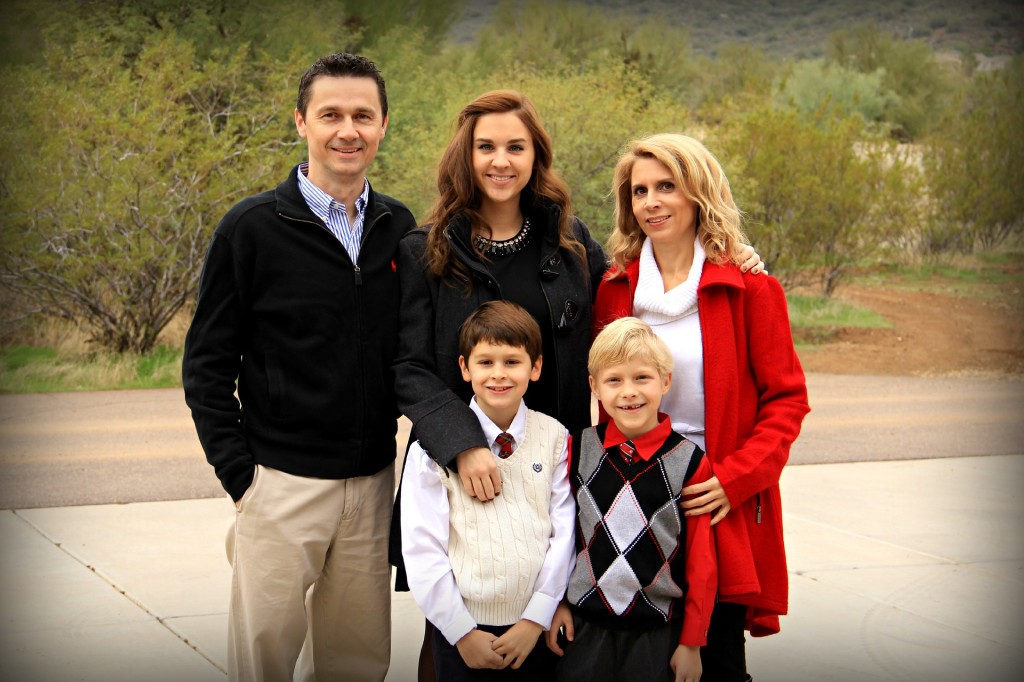Blended Family Issues and How to Solve Them
How did you imagine your blended family would come together?
Brady Bunch happy? Rolling along with a song in your hearts and cooperation on your minds?
Big holiday dinners with lots of hand holding, and enough seasonal spirit to smooth out sibling drama, and step-parent frustration?
Is it working out the way you imagined?
Along the way, you probably figured out that sitcoms and Hallmark holiday movies don’t help much, when you’re trying to blend well day to day. They certainly provide little guidance or comfort, when you’re navigating some tough relationships, and emotional changes.
Don’t get too discouraged. Learning to be a family by choice– and learning to like it– is no easy feat.
Are you dealing with any of the following issues?:
- Home and security: Blending your families may mean changing school districts, neighborhoods, and proximity to jobs, old friends, and extended family members. These changes can strain your family from the start.
- Resistance or rebellion: Many children hold out hope that their original families will reunite. Your union may inspire significant push back, and acting out, from children who object.
- Ground rules and discipline: The challenge of establishing and enforcing household rules, achieving balance and fairness among new siblings, while acknowledging the differences in your home and the homes of your children’s other parents, can be overwhelming.
- Child/ step-parent relationships: Trust develops over time, as will connection. In the meanwhile, navigating misunderstanding, resentment, and resistance may be taxing.
- Ongoing interaction with former spouses and related relationships: Productively co-parenting and negotiating relationships, like grandparents or cousins, connected to a former partner can be a significant challenge and concern.
You can blend well despite these challenges and obstacles.
Realistic goals, practical planning, emotional awareness, and a cooperative spirit are vital. Ready? These solutions will get you started:
- Accept that your family is unique. Try to see your new family life as an adventure, rather than a linear progression toward perfection. Expect that adjustment and growth take time.
- Be mindful that each family member has their own fears, loyalties, and losses to work through. Respecting each other’s space and emotional process can go a long way in developing trust, connections, and friendship.
- Force is bad. People don’t like it. Trying to force family members to love each other is inadvisable. Instead, make it known that respect and tolerance are expected. Develop a united front with your spouse, concerning familial expectations. From there, encourage and operate in kindness; let blending happen organically.
- Respect the biological history. Regard the stepparent role as a supportive one. It is important that biological relationships remain nurtured and respected. It is generally best that biological parents administer discipline to their own biological children, according to the family rules and consequences agreed upon, by you and your partner.
- “Do” to build bonds. Work, play, eat, pray, and exercise… together. Routinely present family members a picture of what it is like to be part of this new unit. Contact isn’t a demand. You’re just offering another place to feel welcome and belong.
- Maintain your marriage. You aren’t doing all the work of blending just to see your marriage fail. Practice healthy communication. Prioritize time together. Demonstrate respectful conflict resolution.
- Embrace counseling. Blending your family may be overwhelming without some help. It’s perfectly okay to reach out for expertise that can assist the blending process.
Blending your families takes tenacity and love. Your relationships may not be “Brady Bunch” simple or holiday magic, but they can be good and yours for a lifetime. Keep working on them. Get help early and as often as you need it. This is some of the best work you’ll ever do.
Our offices are located throughout the valley with counseling centers located in Phoenix, Anthem, and Scottsdale. Call us at 623-680-3486,text 623-688-5115, or email info@crossroadsfcc.com. We offer a complimentary 20-minute phone consultation to answer your questions and better understand how we can help you. Contact us to learn more about the variety of mental health services that Crossroads Counseling offers.

